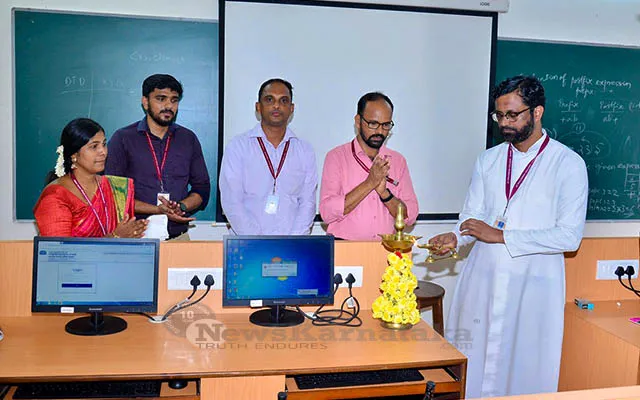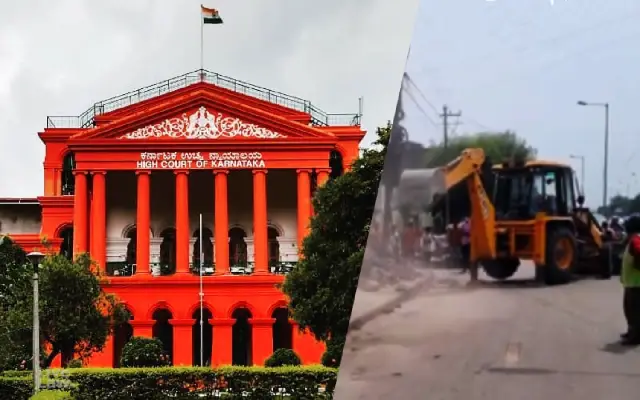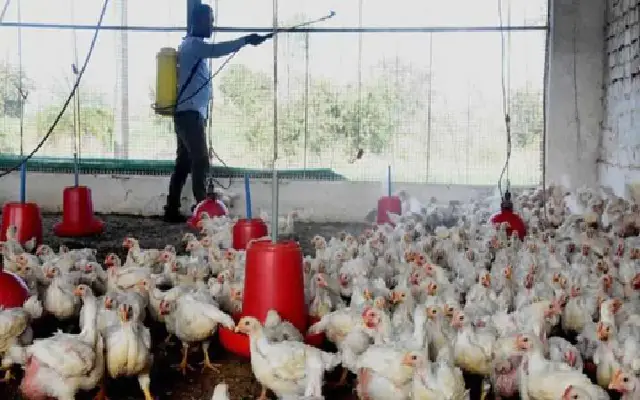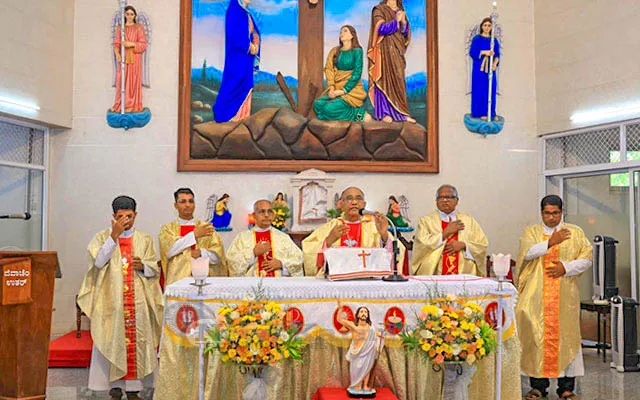Bengaluru: The Bangalore Chamber of Industry the Industry (BCIC) has said that Industry, especially SME sector is still grappling with the complex new Goods and Services Tax (GST) law which was rolled out post July 2017.
There have been many significant developments since then. The Central Goods and Services Tax Rules, 2017 have been notified effective July 1, 2017. Numerous notifications have been issued under various GST legislations. GST Tariff Notifications have been issued. Registration related procedures have been firmed up. The Government has since published many FAQs for the benefit of Trade, Industry and Consumers. The GST Council has been pro-active in assessing the impact of GST and bringing about changes. The Government has indicated that it will constitute a body to regulate the Anti-profiteering provisions in the GST.
P V Srinivasan, Chairman, Indirect Taxes Expert Committee, BCIC and Advisor, Wipro Limited said: “Considering these significant developments and the compliance requirements of GST, it calls for higher allocation of dedicated and trained resources to handle the complexity. Specifically, issues related to transitional provisions, valuation of supply, availing of input tax credit, pervasive application of reverse charge mechanism, determination of place and time of supply, to name a few require a finer understanding of the intricacies.”
He further added: “Though the launch of the one-nation-one law is a historic effort by the Union Government, it is a fact that Industry is still facing integration bottlenecks as the new Law is yet to be understood by various entities in its totality.” However, he was quick to add that “the corporates and business entities are slowly getting the nuances of the law in place and hopefully, in the next two months’ time-frame the nation will be fully GST compliant.”
Since the launch of the new law, several issues specifically related to exemptions, Place of Supply, Time of supply, Input Tax Credit, Work contracts, Transition Provisions, Anti-profiteering, Key provisions relating to administration, technology glitches, filing procedures, HSN code identification, etc. are being faced by the industry.
S Venkataramani, Chairman, State Taxes Expert Committee, BCIC and Partner SDU said: “There are bound to be several teething problems since a transformational indirect tax regime such as GST is being implemented. This calls for undertaking a host of activities such as understanding the impact on businesses, re-aligning the indirect tax compliance processes, updating accounting and information technology systems, training people and taking other measures to ensure a smooth transition.”
BCIC feels that the immediate impact of the abrogation of seventeen different taxes imposed by inter-state commerce has created an un-fragmented and unified common economic market across India. This is exactly the vision and ideal that the union government had aimed for so many years.

















